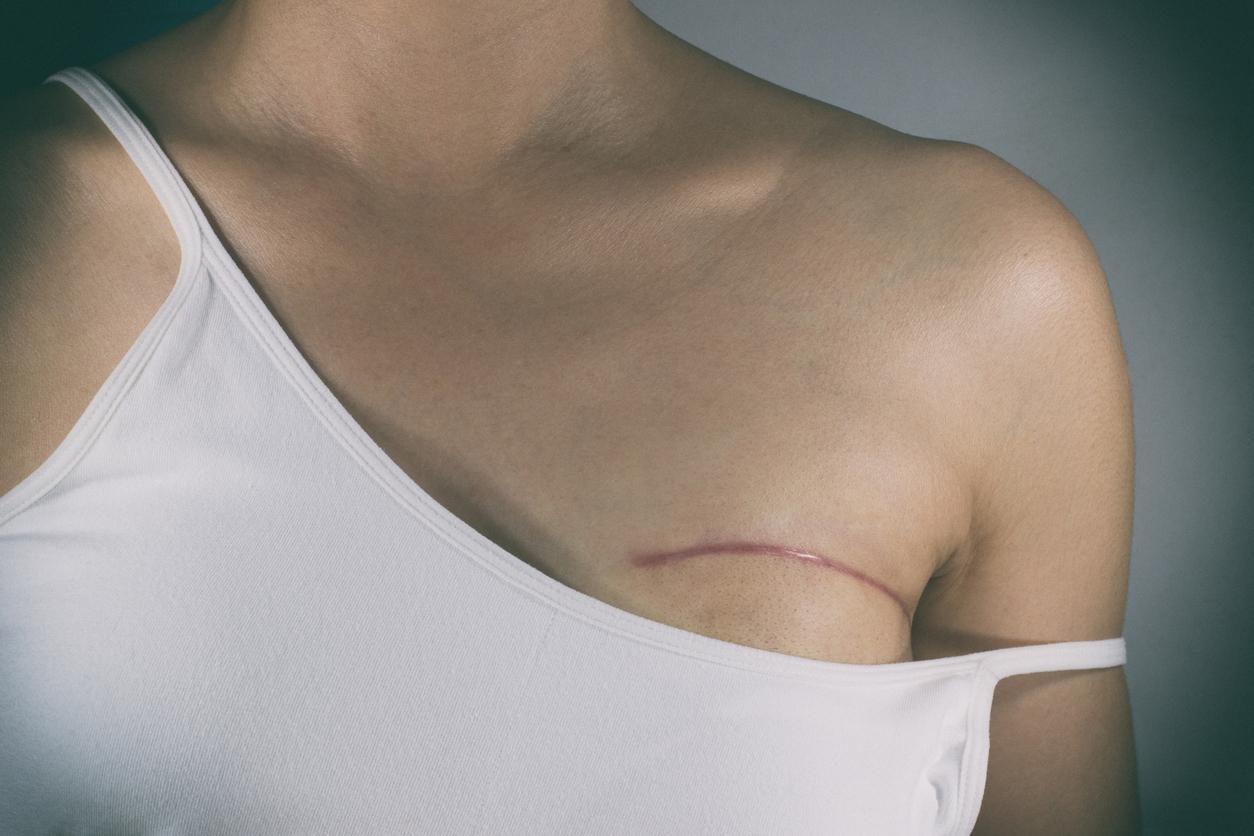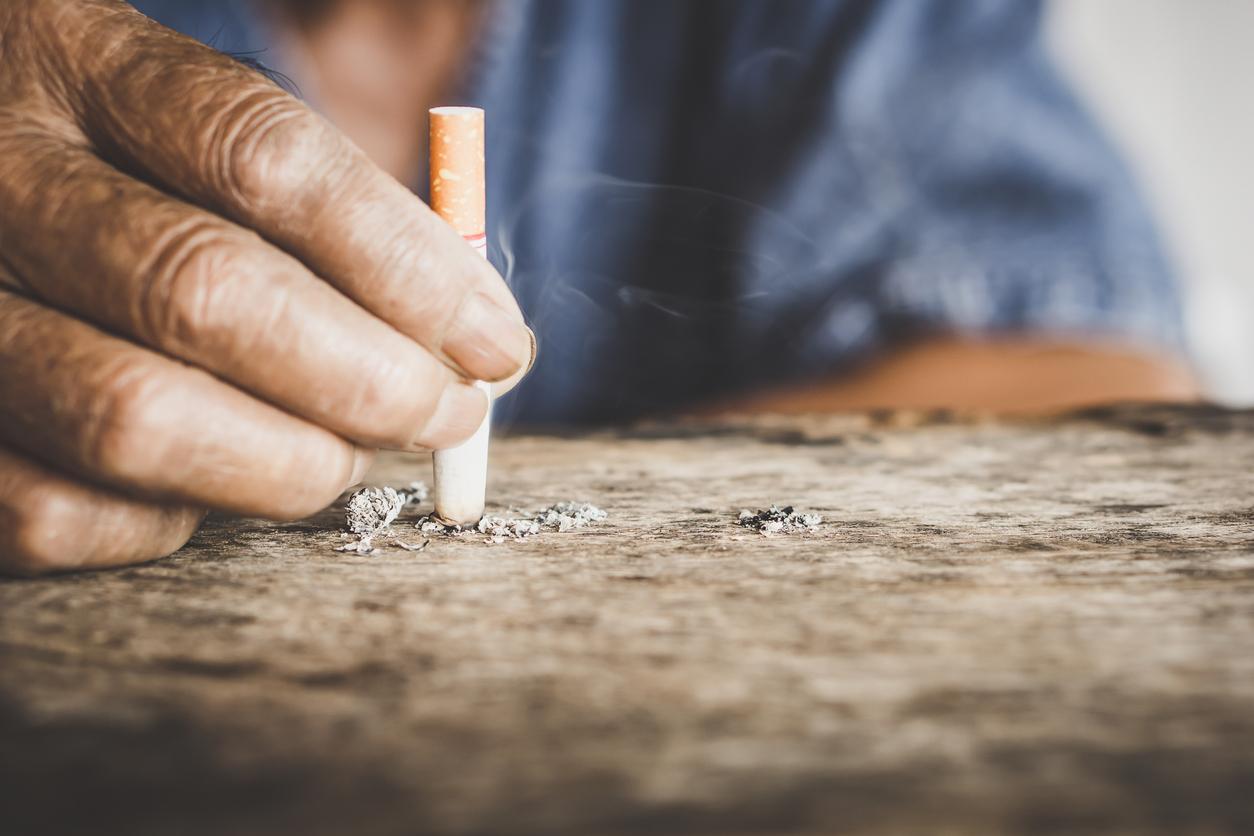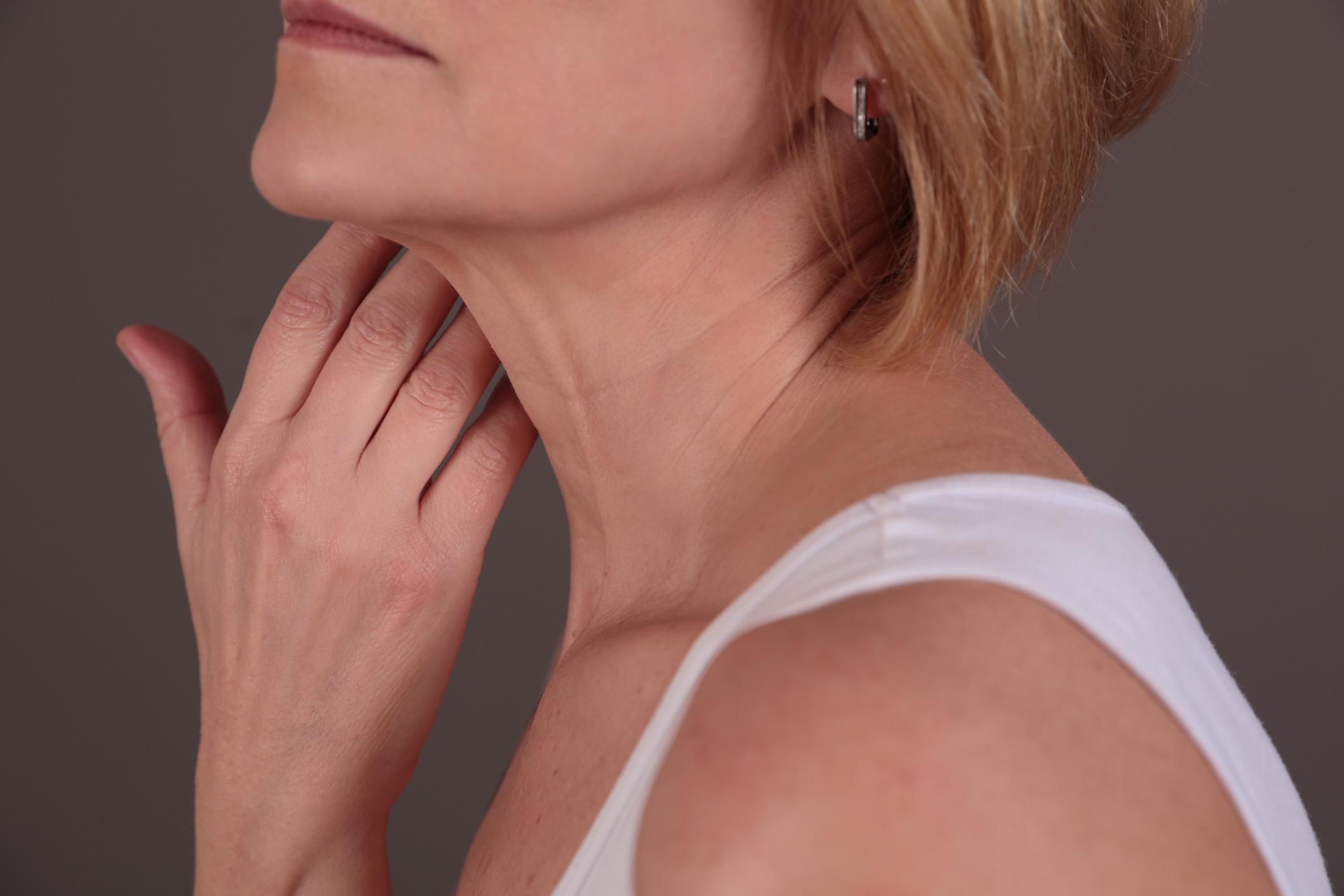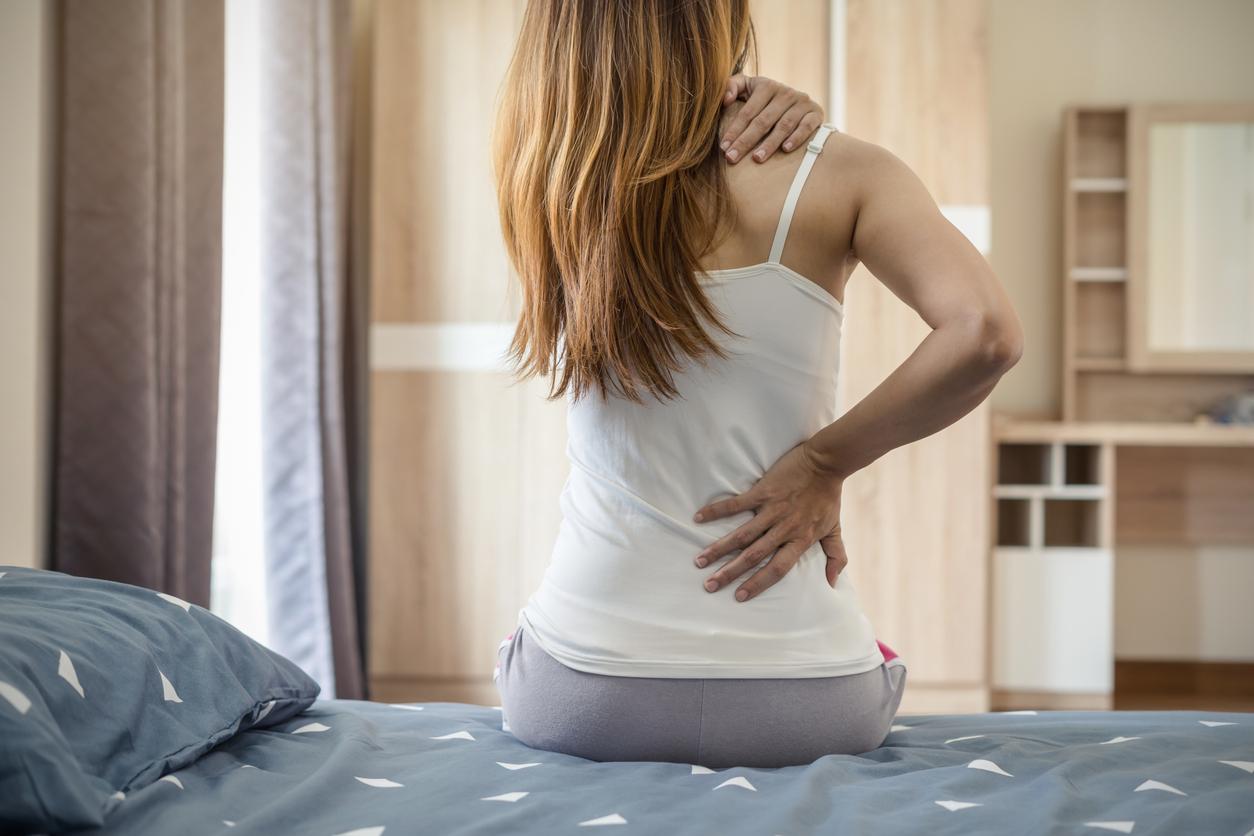Vitamin needs during childhood (for growth), protein and fiber needs during pregnancy or even calcium needs during menopause to avoid osteoporosis… Mineral needs change over the course of life, and deficiencies Also.
What are the shortcomings that affect the French the most? According to ANSES, nearly 70% of the French population have insufficient vitamin D intake, of which 6.5% are actually deficient. Magnesium deficiency is also relatively widespread, causing fatigue, cramps or even stress and, in the worst case, cardiac or neurological disorders. It can result from an unbalanced and little varied diet.
In women, some deficiencies are more common than others. For example, women who are menstruating or of childbearing age, pregnant or breastfeeding, or have heavy periods are more likely to suffer from iron deficiencies : 20% of them are concerned, and 7% are even suffering from anemia, which first generally manifests itself by fatigue as well as a feeling of weakness and pallor.
Change the diet (but not only)
“Across all seven ages of women – from infancy to old age – specific nutrients are needed for optimal health, as well as to support pregnancy, lactation and menopause.“, explains Dr. Carrie Ruxton to Glamour.
Women may also lack vitamin B9, which helps strengthen the immune system and the blood system through the formation of red blood cells. It often occurs at the end of pregnancy, in particular because the needs are greater for the fetus.
To limit these deficiencies, you can start with a change in your diet. But this is not (always) sufficient. “Women have unique needs for vitamins, minerals and fatty acids which, if not met through diet, could lead to health problems or affect the development of the next generation. That’s why it’s important for women to think about nutrient needs for their own life stage and avoid a one-size-fits-all approach.“, she finishes. Here is what to take according to age.






















